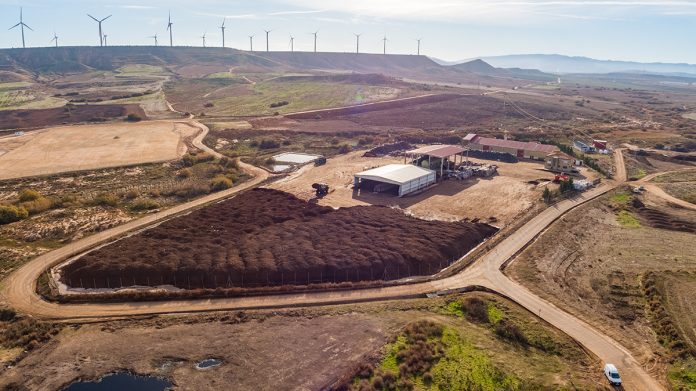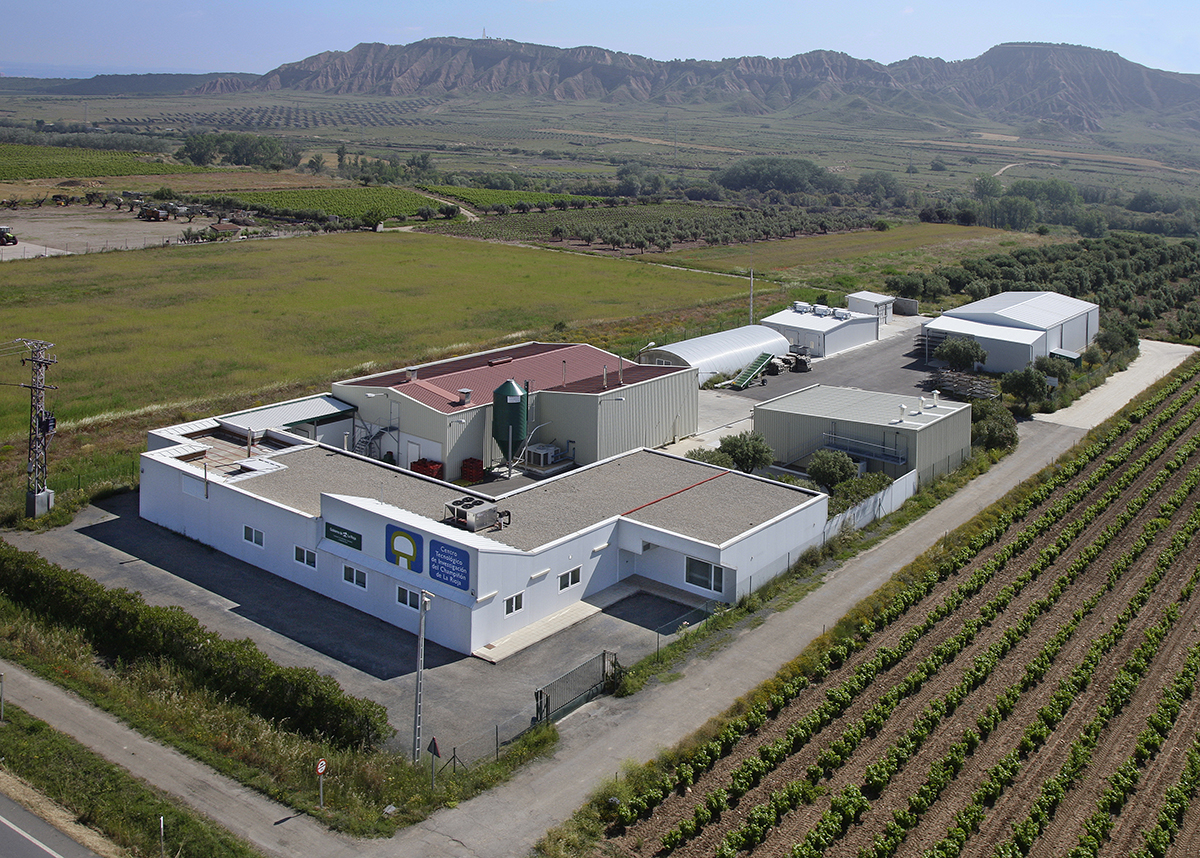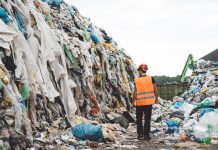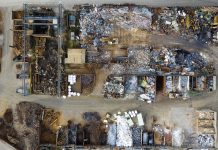Here, we learn about the circular economy when it comes to the mushroom industry, including the research of the Mushroom Research Technological Center of La Rioja (CTICH)
Mushroom Research Technological Research Center of La Rioja (CTICH) was founded in 2003 and based in Spain, which aims to assist compost yards and mushroom growers to become more competitive. CTICH promotes the interrelation and collaboration between the different stakeholders in the sector, making the transferring of knowledge, experience and research results easy. CTICH is owned by ASOCHAMP, the Mushroom Growers Association of La Rioja, Navarra and Aragón.
Mushroom sector research
The development of research and innovation projects and training, focused on the mushroom sector are the main basis of the CTICH, where there are four activity areas:
- Mushrooms cultivation technology: substrate design, production and mushroom cultivation.
- Biotechnology and applied genetics.
- Health, nutrition and food engineering.
- Circular economy, environmental protection and sustainable development.
CTICH also collaborates with leading companies in the mushroom sector, conducting tests for the validation and development of new products, supervised by its highly specialised staff and carried out in its own facilities:
- Research chambers to produce pasteurised mushroom substrate.
- Pilot plant to produce sterilised mushroom substrate equipped with: 1500L mixer, 5000L autoclave, clean room for mycelium inoculation and incubation rooms.
- Mycelium lab: equipped laboratory to replicate and produce mushroom mycelium and mushroom spawn.
- Climate controlled rooms: two commercial size cultivation rooms (110 m2), three medium-size cultivation rooms (35 m2) and six small size cultivation rooms (18 m2).
- Physico-chemical laboratory: raw materials and substrate characterisation.
- Microbiology lab: Culture tests in liquid and solid media, DNA extraction, PCR analysis, metagenomic analysis, bioinformatics and biostatistics analysis.
CTICH and the circular economy
Mushroom cultivation uses waste from livestock and agriculture for elaborating the growing substrate, which is made of circa 40% of manure and approximately 50% straw. When mushroom production is completed, the substrate remains as “Spent Mushroom Substrate” (SMS), becoming a waste. In Europe, mushroom growing generates annually more than 4.36 million tonnes of SMS that needs to be managed according to regulations, with management costs that on average, amount to €29.2 million for the sector annually.
CTICH has developed several projects for valorising SMS waste, like recently finished FEADER regional project “SUSTRATOS” which aims to produce organic fertilisers based in SMS that can be used in different agricultural crops, and Horizon 2020 “SMARTMUSHROOM” Project, which aims to valorise and obtain an SMS based pelletised fertiliser into a circular economy cycle.
In the case of white button mushroom cultivation (Agaricus spp.), which represents more than 90% of cultivated mushrooms in Europe, peat is used as casing material needed to promote vegetative mycelium and fructification. Peat casing is a fossil-based material and as their environmental implications because of its mining, the industry is trying to find substitutes: sustainable materials that perform as well as peat and are economically viable. In Europe, there is a consumption of peat for mushroom casing of approximately 1 million tonnes per year. In this context, CTICH is doing great research efforts trying to develop new alternative, renewable casing materials. One of the examples of these R&D projects is BIOSCHAMP, a Horizon 2020 Project funded under the topic SFS-04-2019-2020 – Integrated health approaches and alternatives to pesticide use (Grant Agreement no: 101000651) which counts with an overall budget of €4.2 million.
Tackling mushroom cultivation challenges
The BIOSCHAMP project, a three and a half year international initiative, aims to develop an integrated approach to tackling mushroom cultivation challenges: an alternative and sustainable peat-free biostimulant casing for the mushroom industry, reducing the dependency on and need for pesticides and contributing to improve the productivity, the sustainability and the profitability of the European mushroom sector. The project will carry out validations at four different commercial mushroom farms to ensure the adaptability of the solution in real conditions.
Please note: This is a commercial profile












